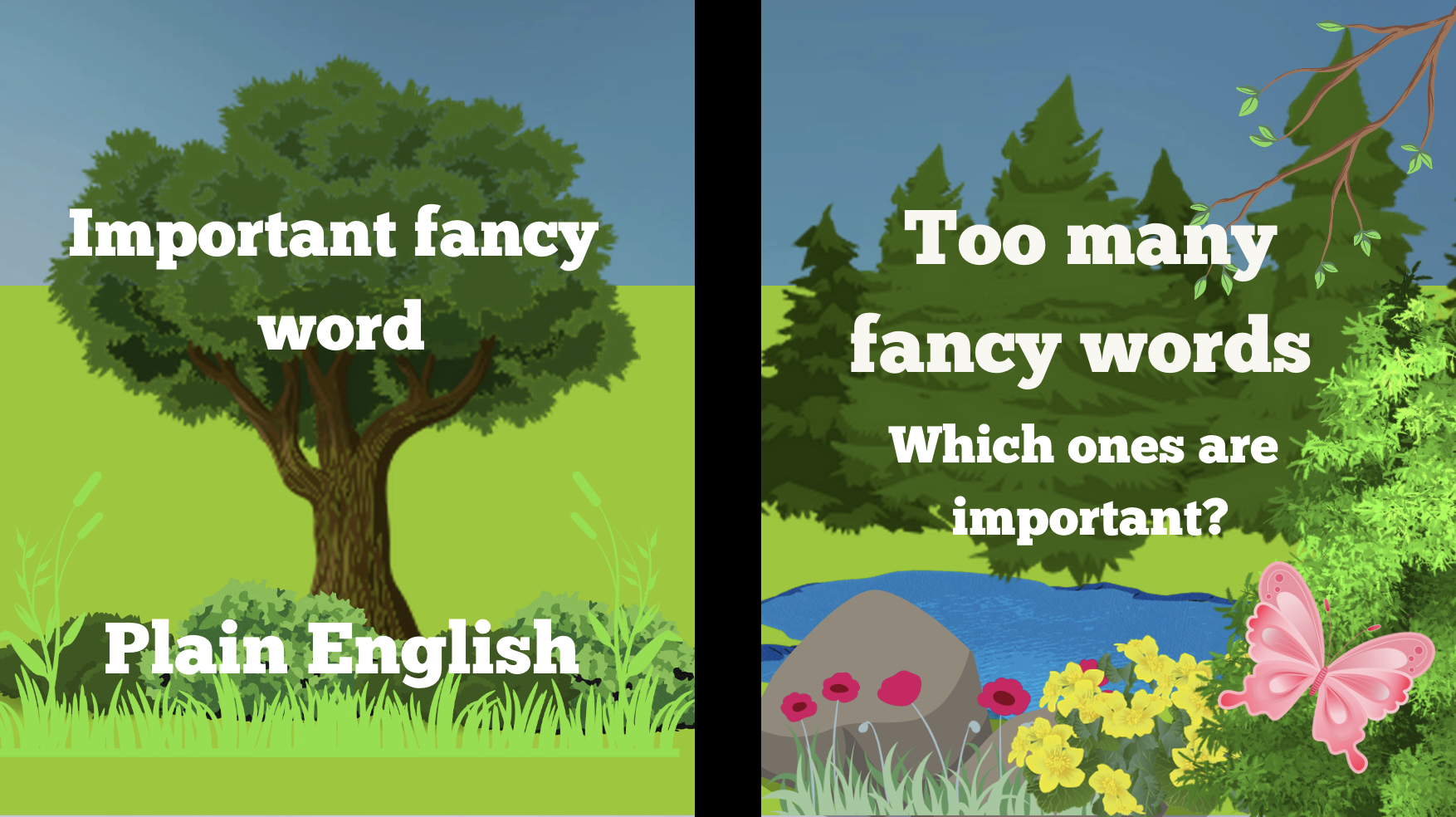In today’s international business climate, communicating with clarity and simplicity is a must. If your message is easy to understand, you are more likely to get the response you want, whether you’re writing an email to your team members, posting to your company’s social media account, or giving instructions to the interns at your workplace.
But what does “communicating with clarity and simplicity” really mean? It means you don’t need to use fancy, complex words or unnecessary jargon to sound professional. In most cases, plain English will work just fine!
Need Editing and
Proofreading Services?

What are the benefits of plain English?
- You avoid misunderstandings. Using complicated words or phrases can confuse your audience. For example, instead of writing that a meeting will “commence” at a certain time, it’s simpler to tell people when the meeting will “start.” Instead of “utilize”, just write “use.” Keeping your message simple and using common, ordinary words means you’re less likely to be misunderstood.
- It saves time. When you send someone a message in plain English, it’s easier for your colleagues and clients to get back to you right away. Complex language can slow things down, leading to delays.
- It is more inclusive. When your team members or clients come from different language backgrounds, the ESL professionals among them are less likely to feel left out. The same is true if you are writing to native English speakers with language-related disabilities or anyone who is unfamiliar with your field/workplace.
- You will sound more natural. If you use plain English, you’re much more likely to come off as a regular human being that other people can easily relate to. Not only can this strengthen your current business relationships, it can also help new contacts feel more comfortable with you.
- It’s easier to keep your audience’s attention. It’s hard to stay focused on an email or memo that reads like a legal document or a PhD dissertation. Since plain English is faster to read and easier to understand, your audience is more likely to tune in and pay attention.
- When you really do need to use a complicated word, it will stand out. If you want your audience to focus on a special term, it’s easier for them to do that when it’s surrounded by common, ordinary words rather than other big words.

Some guidelines for using plain English
- Use common, everyday words. If you wouldn’t say a word in a conversation, think twice before you write it in an email.
- Keep your sentences short. It’s easier to digest information when it comes in small chunks.
- Be direct. Get straight to the point instead of burying your key message in a sea of words.
- Avoid unfamiliar jargon and acronyms. If you absolutely need to use words that your audience doesn’t know, go slowly and briefly explain these terms. (Click here for more guidelines on how to use jargon.)
- Use correct spelling, grammar, and punctuation. Plain English still needs to be well-written and free of mistakes.
Fancy vs. plain
In the table below, you will find a list of ten fancy words that are often used in business settings, along with their plain English counterparts.
| Instead of using this… | Try this… |
| facilitate | help, assist |
| terminate | end |
| endeavor | try, attempt |
| allocate | give |
| ascertain | find out |
| articulate | explain |
| optimal | best |
| concur | agree |
| subsequent | next, later |
| cognizant | aware |
If you use plain English, will you still sound professional?
Some people think they sound more intelligent, competent, or professional if they use a lot of big words and jargon when they speak or write. Even if they don’t really like using fancy language, some of them believe it’s necessary in order to succeed in business.
But the truth is, when your message is clear and when you get straight to the point, you are showing your audience that you have confidence in your ideas. You aren’t trying to hide anything behind complicated words or obscure technical terms.
The next time you write an email or report, ask yourself, “Will this be easy for everyone to understand?” If the answer is no, simplify it!
Need Editing and
Proofreading Services?

How TextRanch can help
If you want to make sure your business communications include a healthy mix of plain English and the necessary technical terms, our TextRanch editors can take a look at your writing, make corrections, and give you some feedback. And if you’re working on an academic paper, legal document, or some other project that requires fancy language, we can help you with that, too!








Ask an Editor: A New TextRanch Feature!
Proofreading vs. Editing: What’s the Difference?
Human Editors: Why Do You Need One?
How can I improve my understanding of native-English speakers? Part 1